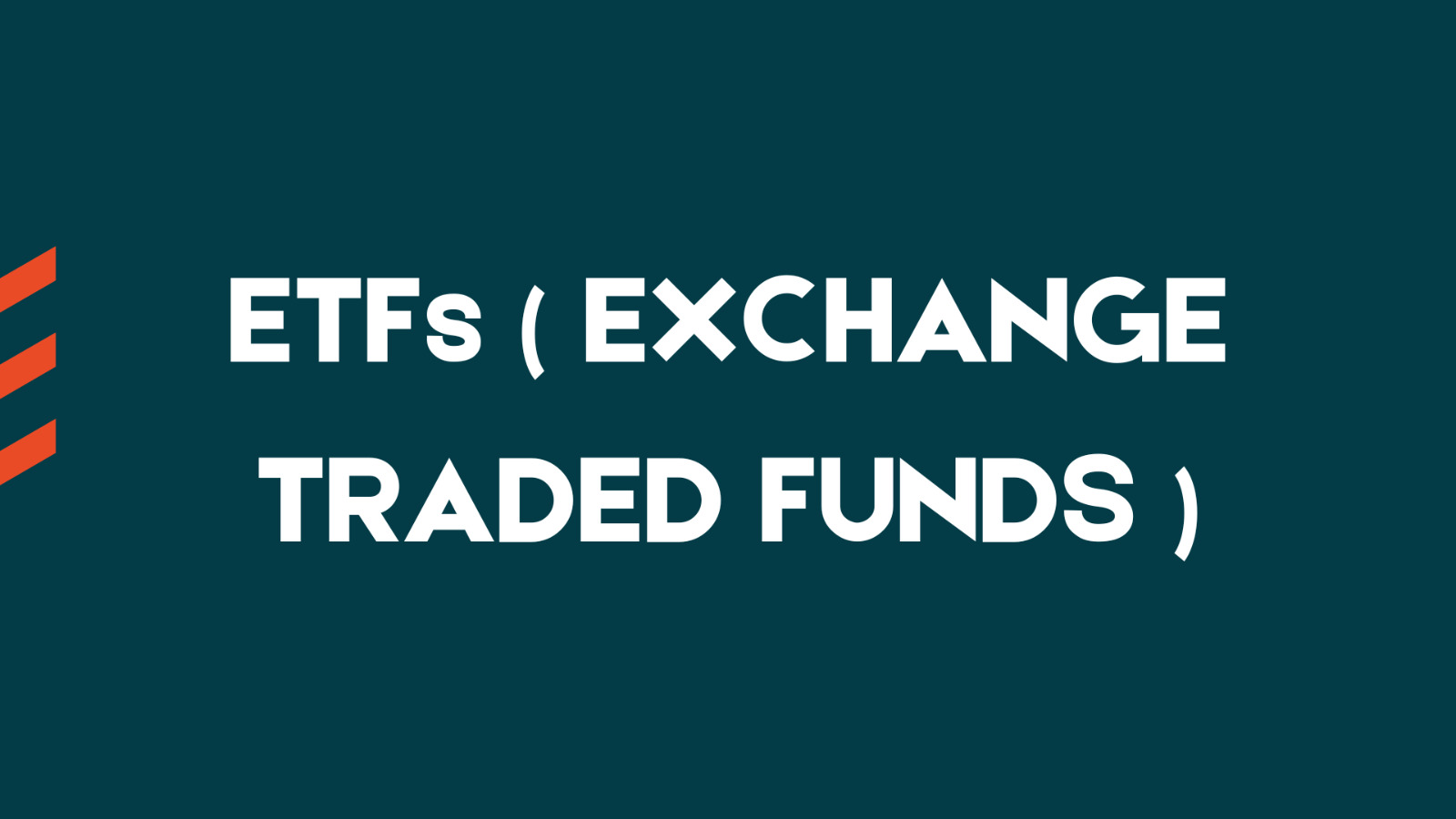What are ETFs?
ETFs (Exchange-Traded Funds) are investment funds that are traded on stock exchanges—just like individual stocks. These funds hold a collection of assets such as stocks, bonds, commodities, or even currencies. Investors buy shares of ETFs to get exposure to the overall performance of a sector, market index, or strategy.
Nifty 50 ETF tracks the Nifty 50 index. So when you invest in that ETF, you're indirectly investing in all 50 companies in the index.
How Do ETFs Work?
How ETFs Affect Market Movements
1. Market Liquidity
ETFs increase liquidity in the market. Since ETFs are traded actively, they help maintain high buying and selling activity even during volatile periods.
2. Sector Movements
If large investors buy or sell ETFs focused on certain sectors (like banking or IT), it can impact the prices of all the underlying stocks, causing sector-wide rallies or declines.
3. Price Discovery
ETFs often mirror market sentiment. So sudden ETF inflows or outflows can act as early signals of price movements or trend reversals in the market.
4. Volatility Impact
While ETFs provide diversification, massive movements in ETFs—especially during panic selling—can amplify volatility across the board.
Pros & Cons of ETFs
Pros of ETFs
- Easy diversification
- Low expense ratio
- Real-time trading flexibility
- Transparent holdings
Cons of ETFs
- Can create sudden volatility
- Tracking error risk
- Sector-specific ETFs may have concentration risk
Final Thoughts
ETFs are powerful tools for both retail and institutional investors. But they’re not just passive instruments—they have real influence on stock prices, index movements, and even overall market sentiment.
Want to learn more about market tools like ETFs, futures, and options?
Join Traders Training Academy and get ahead in your trading journey.
